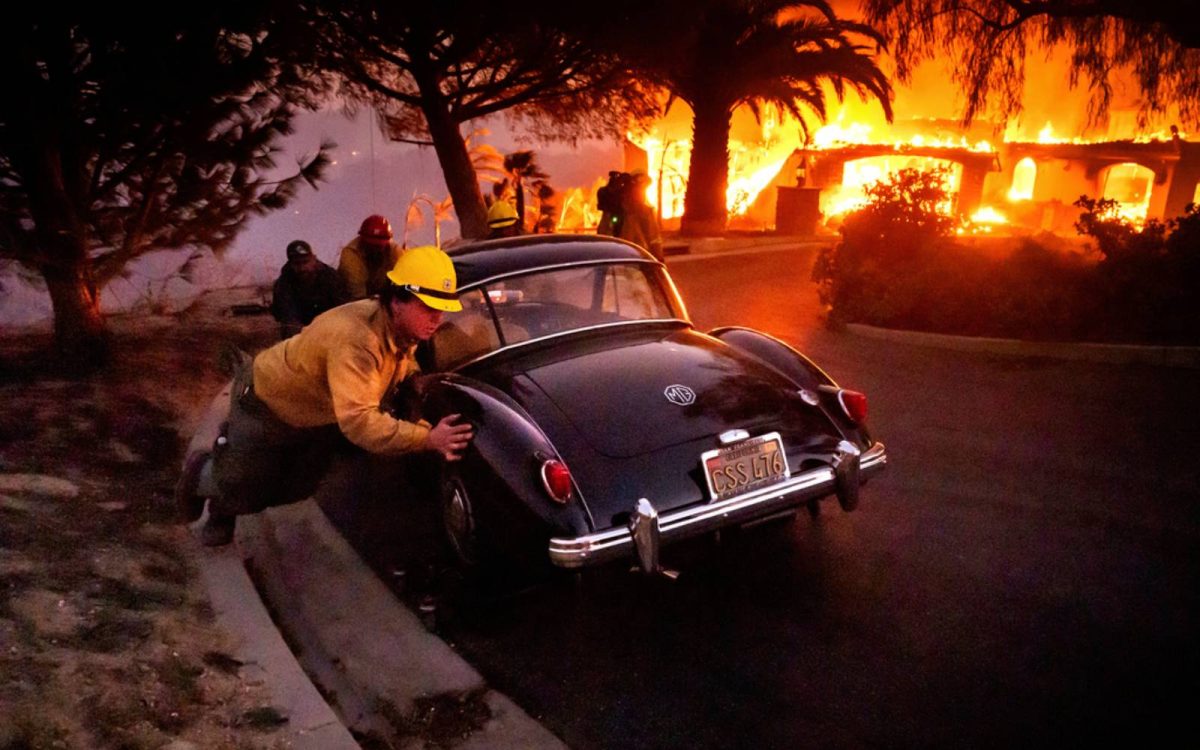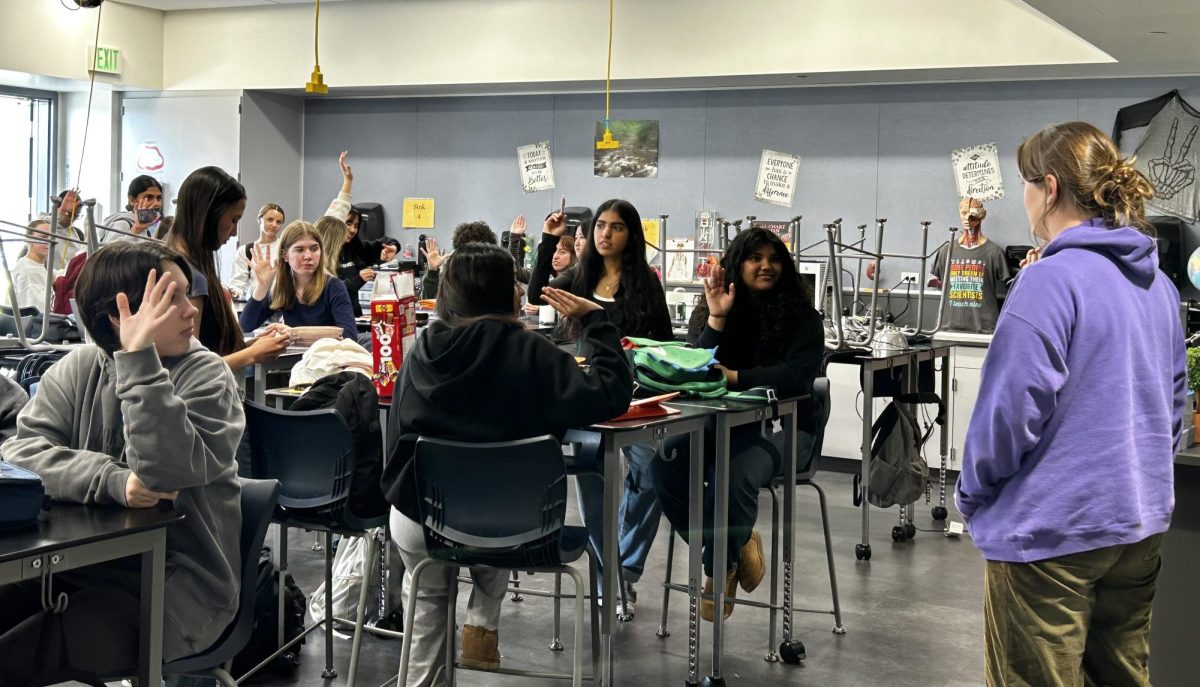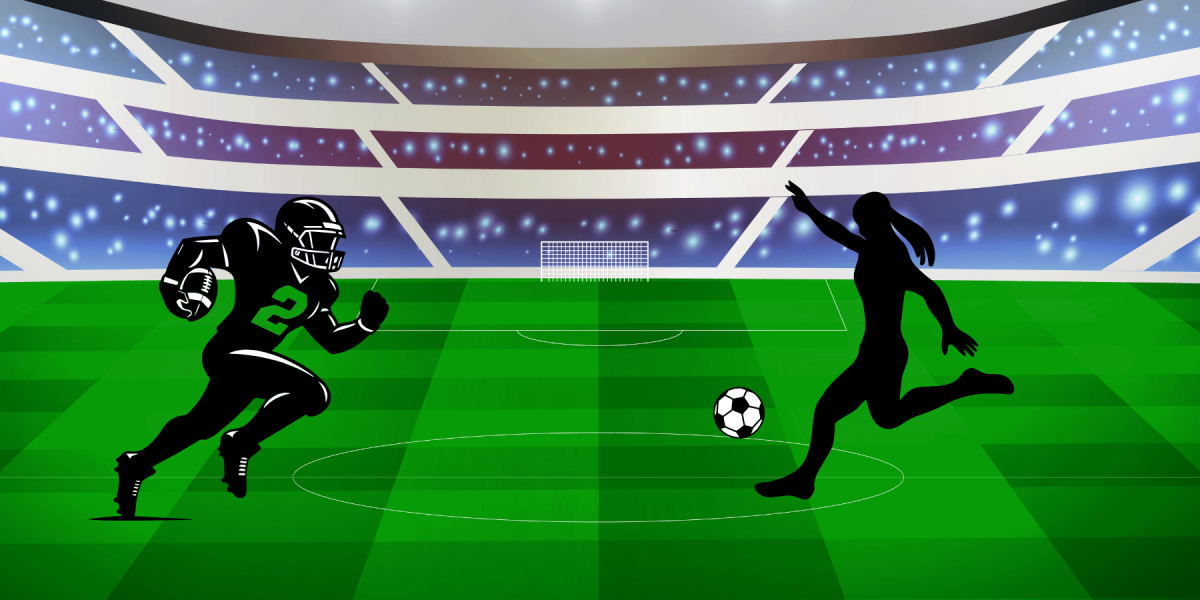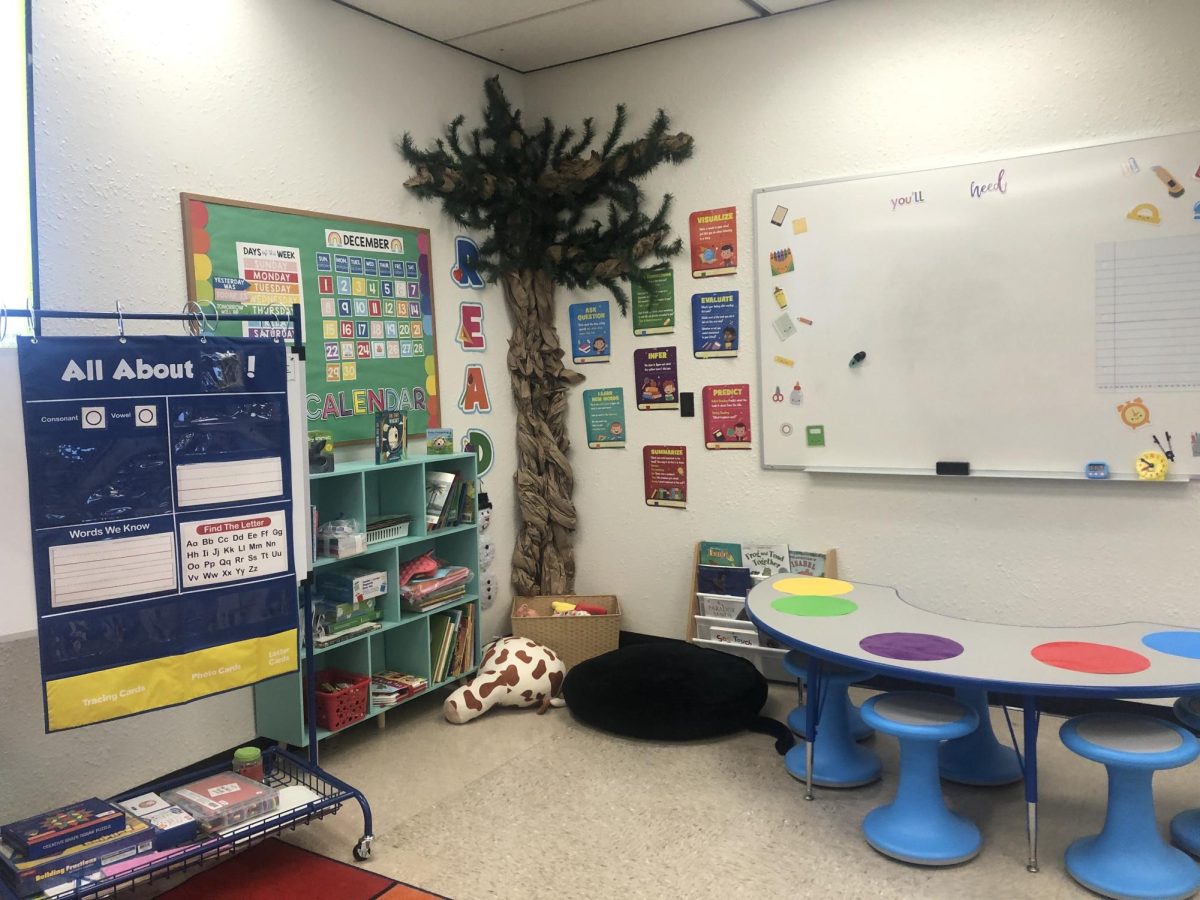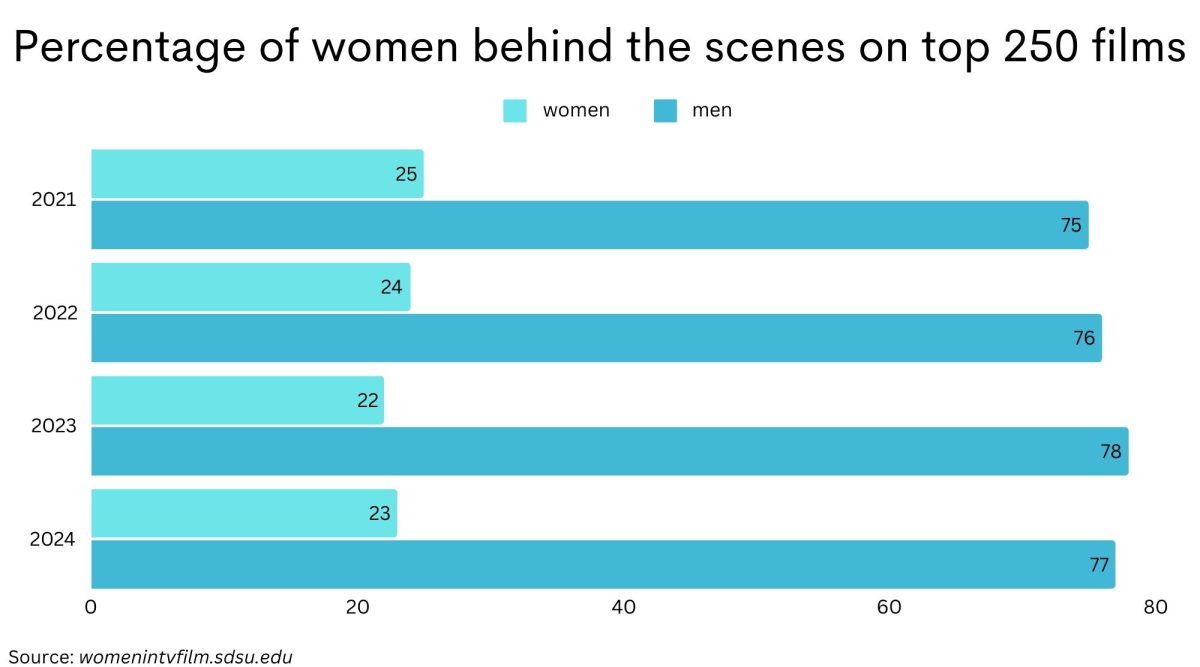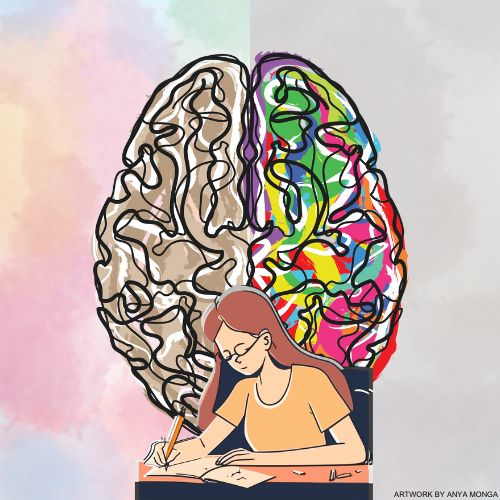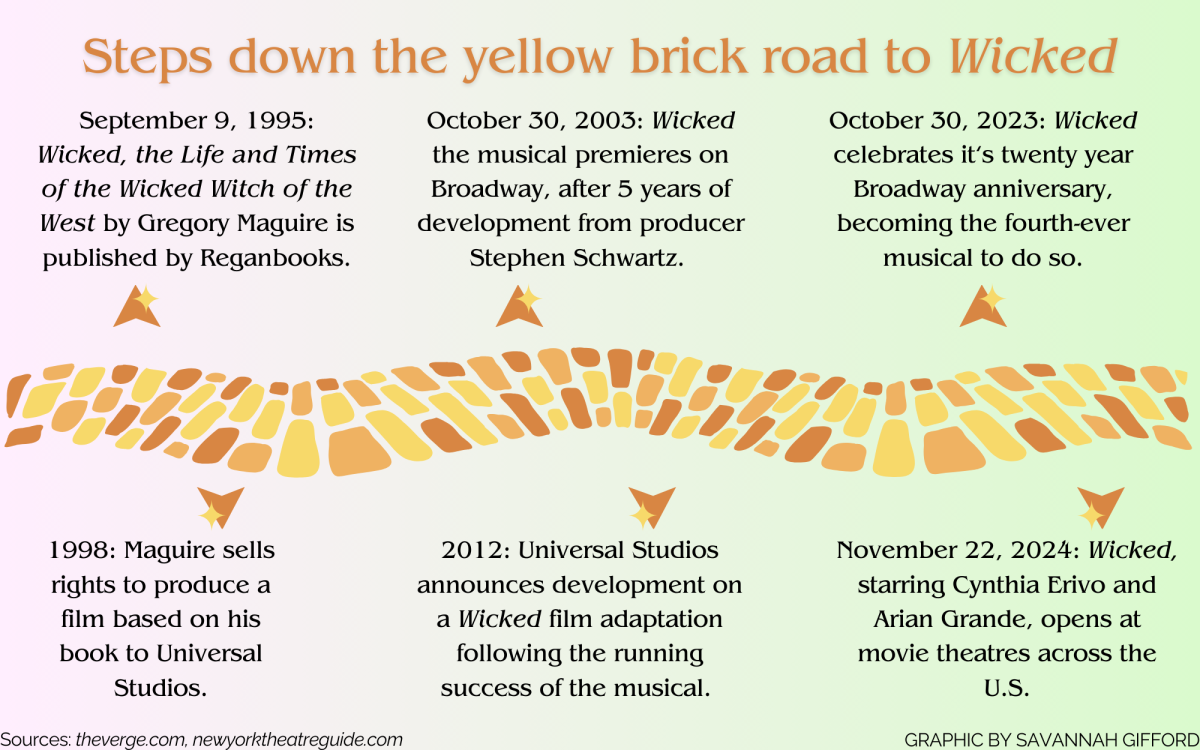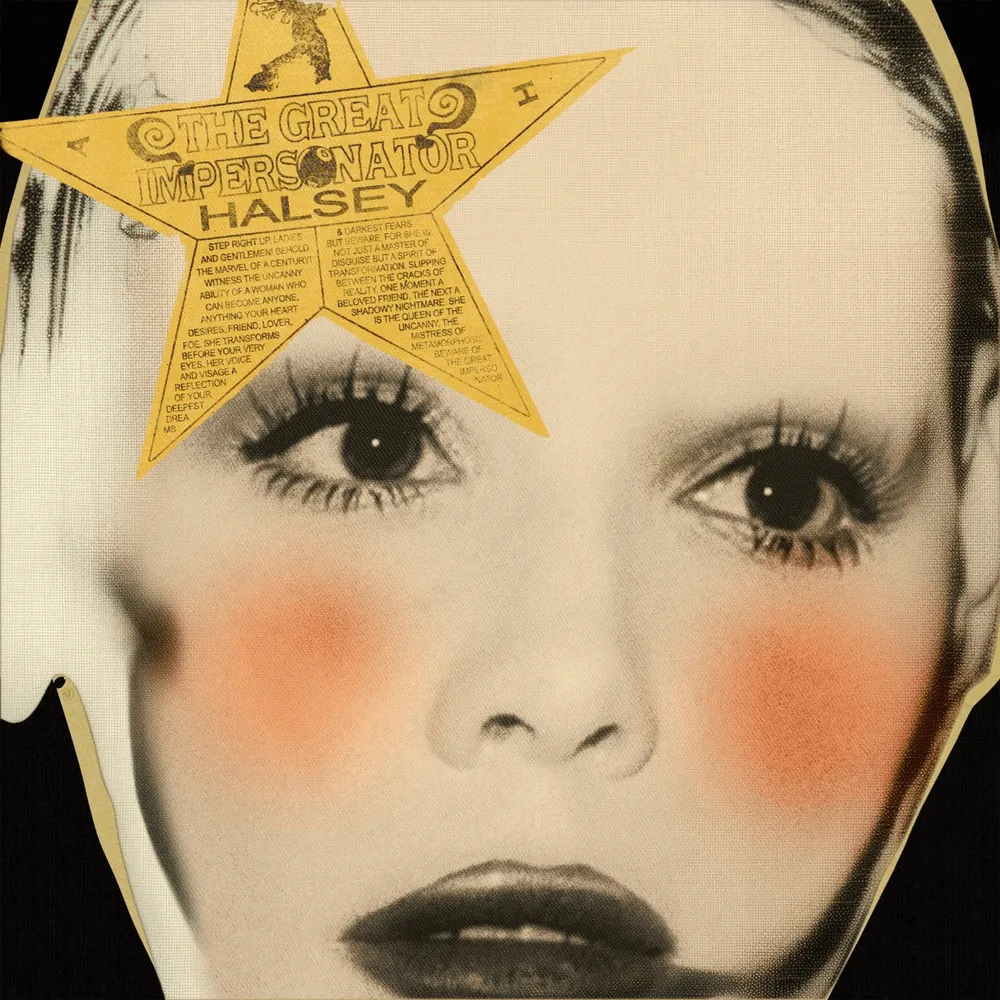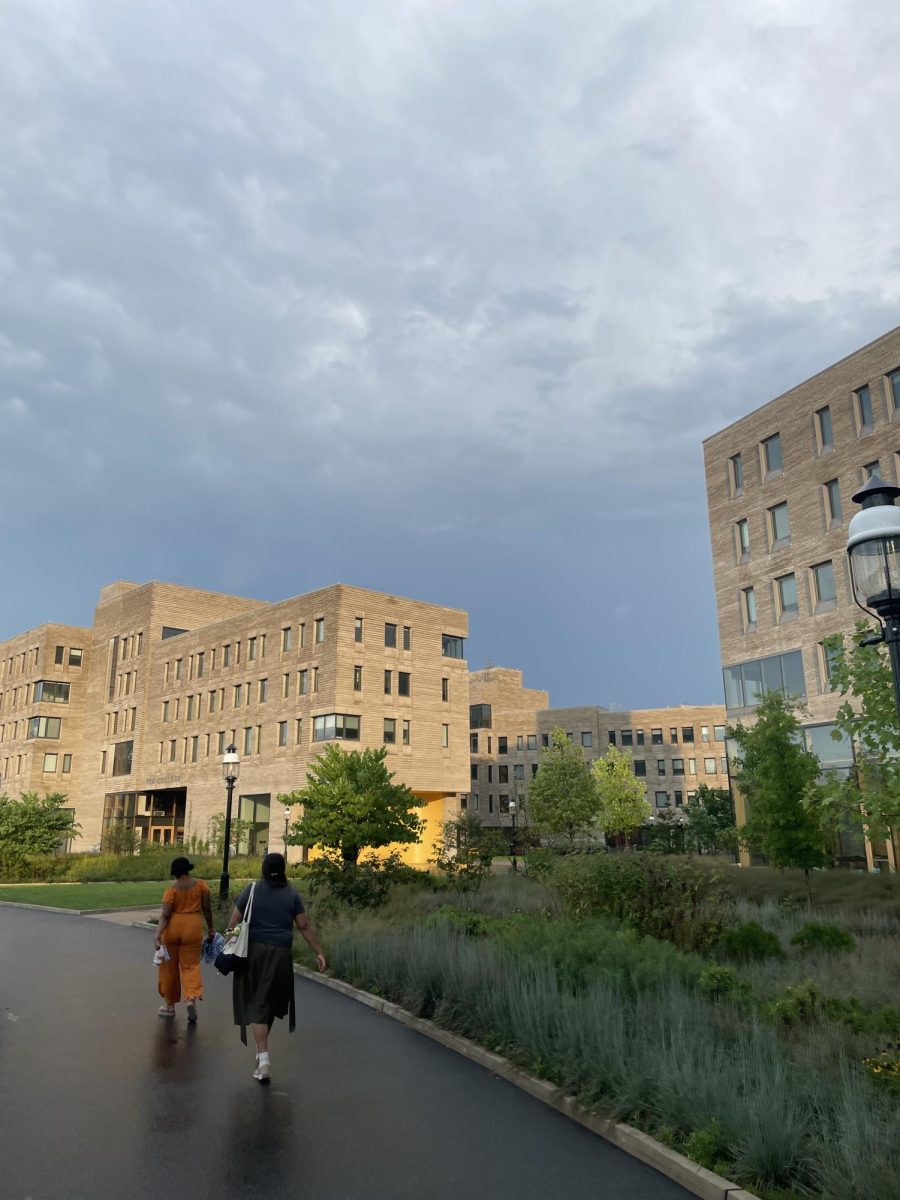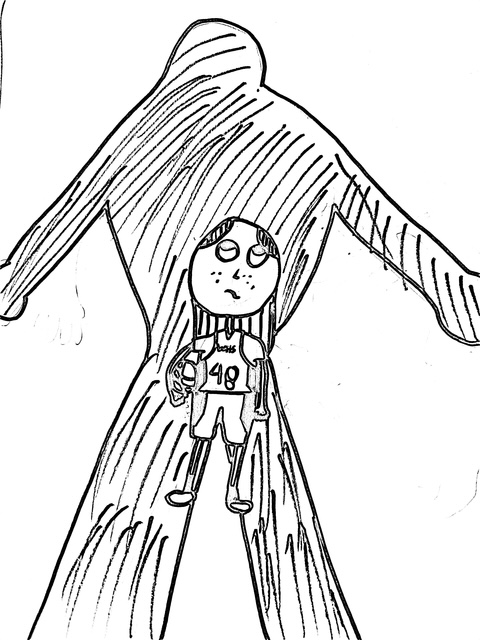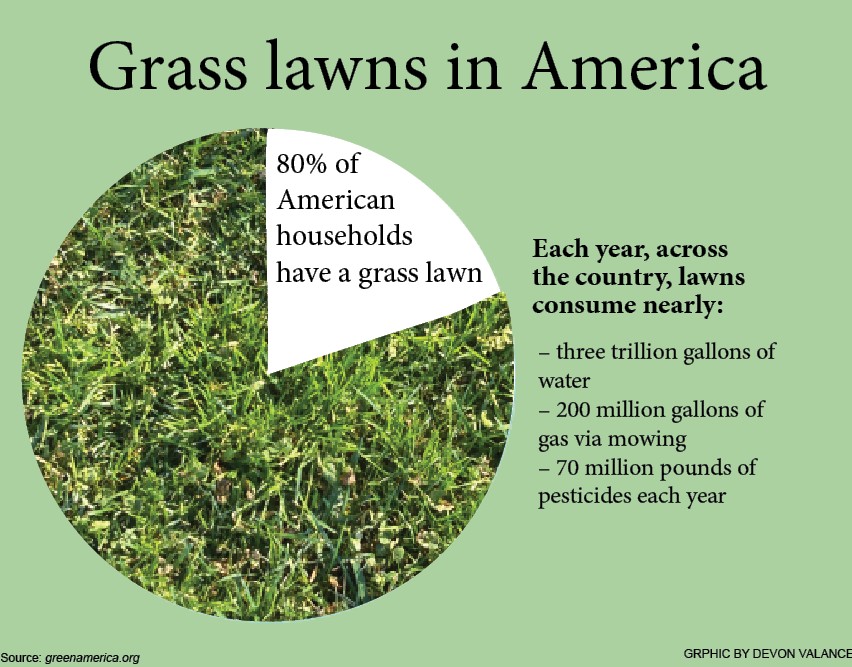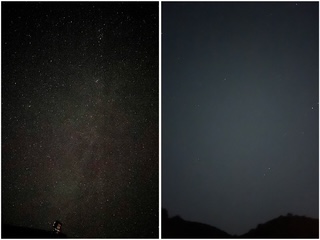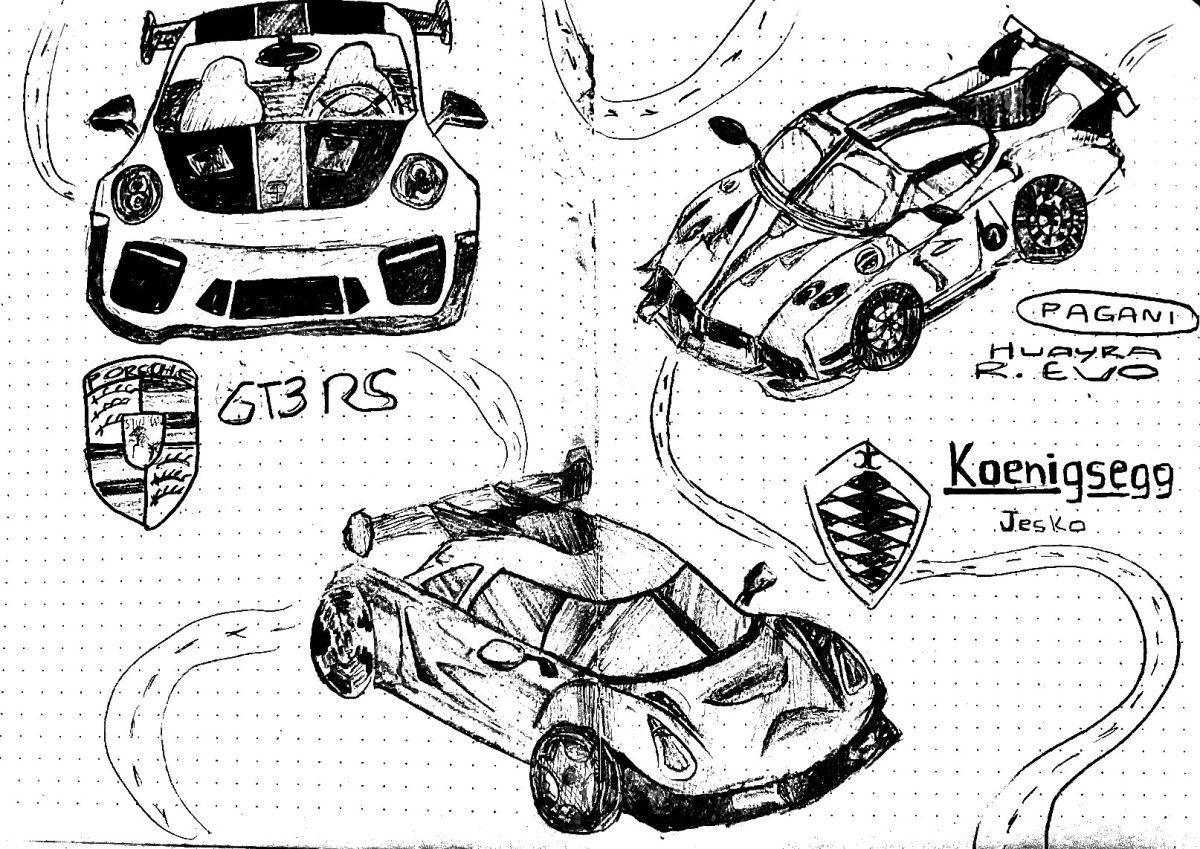Imagine staring up at the sky on a clear night, uncontaminated by the persistent glow of city lights. The stars stretch endlessly across the dark sky. This was once our world, an untouched view of the Milky Way and stars above. But now, light pollution dims the beauty of the night sky, covering the once bright stars and stealing our connection to the universe above.
Light pollution, is the overuse or misuse of artificial outdoor light and has grown in prevalence since the invention of the first light bulb in 1879. It has negative effects on humans, wildlife and the climate. With cities expanding outward and reserved land and dark spaces dwindling, this problem has only been exacerbated.
“Light pollution is caused, as the name suggests, by light,” said Tyler Limcaco ‘26. “It makes the night sky a lot brighter. If you go to LA, you can see it’s extremely bright, versus a mountain range where there’s not a lot of people around, it’s dark.”
With the population almost doubling in the past 50 years, the use of light has become increasingly common for everyday life.
“The development of cities definitely adds to light pollution, especially [as] more and more countries becoming developed,” said environmental science student Delaney Bronk ‘26. “More countries are continuing to industrialize, and that just leads to more cities and more light pollution.”
All living organisms require darkness to fully function. Without this darkness, many plants and nocturnal animals cannot carry out their normal schedules.
“It’s more so a threat to animals.” said Kyle Skaff, CP earth science and CP astronomy teacher “[It can] impact their scavenging patterns or habitats. It also affects mating processes. Plants sometimes do not go through their CAM (Crassulacean Acid Metabolism) cycle which they need. It’s their nighttime cycle, so it’s photosynthesis during the daytime and then CAM at night or cellular respiration.”
In addition to animals having an increasingly hard time hunting and light pollution throwing off the balance of a predator—prey relationship, light pollution can also lead to a lack of sleep for animals and humans alike, causing stress. Light pollution disrupts circadian rhythm by reducing the secretion of melatonin, a sleep-inducing hormone according to the National Library of Medicine, pubmed.ncbi.nlm.nih.gov.
“If they’re nocturnal animals, they’re not adapted to functioning in the light when they’re finding their food or finding shelter,” Said Jennifer Rogstad, AP environmental science teacher. “Light often stresses animals out, and it could stress people out [too]. It prohibits them from sleeping, and [a] lack of sleep has been demonstrated in studies to also cause stress.”
Continuing to educate one another about the dangers of light pollution can make a big impact and help push towards a hopeful future.
“If we just continue to study and then release those studies to the public, more and more people will be aware, and I think that’s the main way you can make a change,” said Bronk.
Enacting changes and taking steps to lessen excessive light pollution, such as utilizing shielded lights, is essential to help mitigate the effects it has on the ecosystems surrounding us.
“What we can do is what scientists call a building audit,” said Skaff. “What they do is they go to the outside of a building and look at all the light fixtures. There’s two types of lights in general, either a shielded light or a non shielded light. A shield light just means there’s a cover on the top, and it shines the light straight down on the ground. But non–shielded lights can shoot light straight up into the sky; that’ll affect light pollution in the region or area.”
Not only does light pollution cause many problems for wildlife, not being able to see the night sky can take away from the human experience as a whole.
“It definitely has a lot of cultural impact,” said Limcaco. “For us, it definitely ruins our experience of the world around us. Gazing at the sky, for instance, has often been kind of an indicator of how small humans are in the grand scheme of things. But if you don’t have that kind of view, [and] you can’t see anything, it really takes away from culture, science and just [the] general human experience.”


